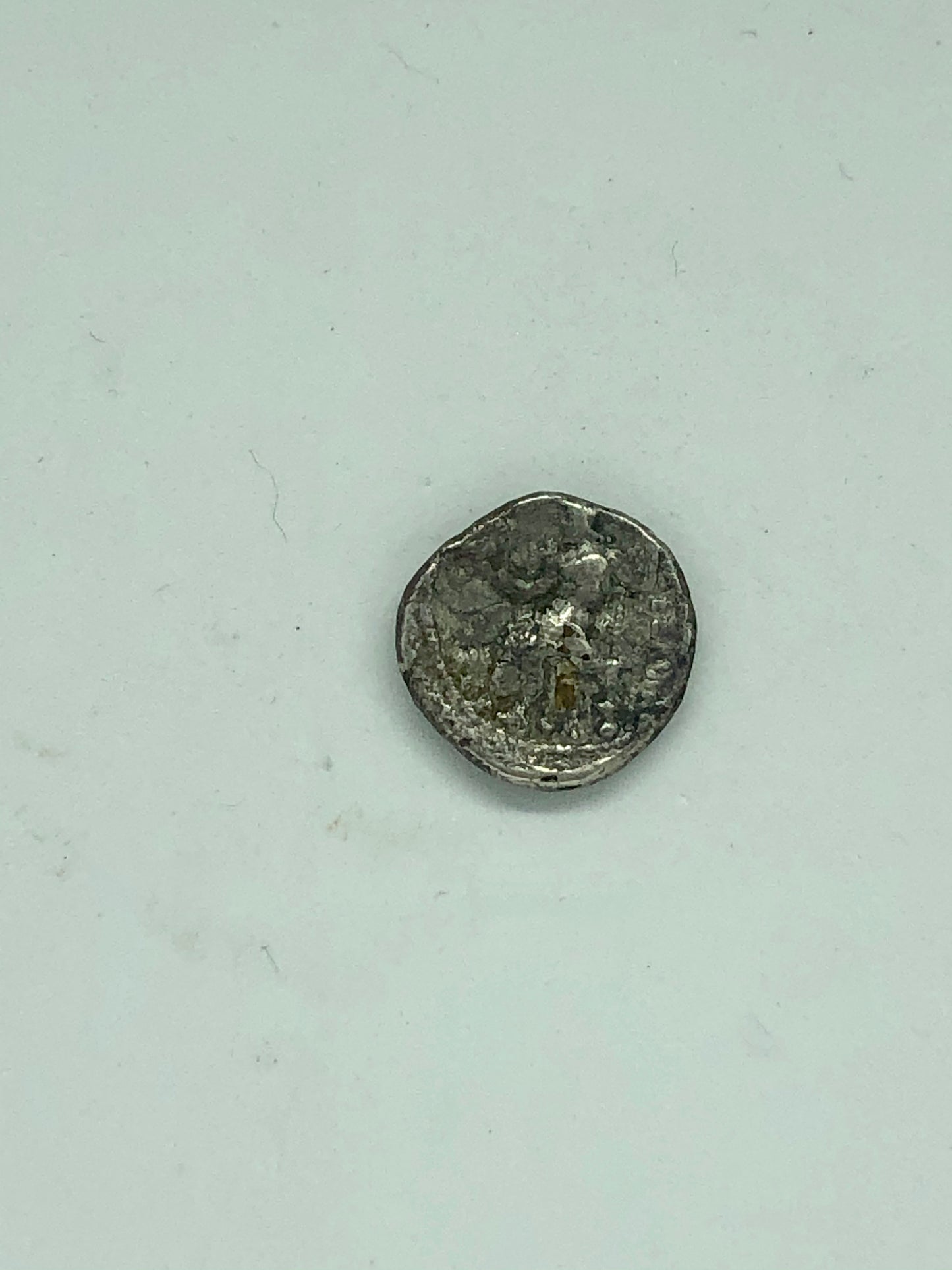hamedian gallery
Alexander The Great, half Drachma, ancient coin.
Alexander The Great, half Drachma, ancient coin.
Share
Couldn't load pickup availability
Size: diameter= 1.5cm. (0.7) inch.

Drachms were the second most common Alexander silver denomination. Price illustrated 434 official Alexander drachms compared with 1,269 official tetradrachms that he illustrated. Though Price didn't estimate the number of tetradrachms minted, he did estimate the number of Alexander drachms minted in Asia Minor (where the vast majority of their production occurred) at 55 million, using a figure of 20,000 coins per die. This figure compares realistically to my earlier estimate of 105 million Alexander tetradrachms.
Cities in Asia Minor accounted for 94.0 percent of drachm production. Greece, Macedonia, and Cyprus accounted for 2.3 percent, Syria and Phoenicia 1.8 percent, and Babylonia, Media, and Susiana 1.8 percent. No drachms illustrated in Price were from Thrace or Egypt. Hoards of drachms have been found in far-flung areas, indicating that they circulated widely. Mørkholm speculated that the reason for the concentration of drachm production in Asia Minor was a governmental decision to specialize. Price mentioned that Alexander's drachm mints in Asia Minor likely followed the precedent set by previous Perian mints there that struck small rather than large silver denominations.
Fewer cities minted Alexander drachms than tetradrachms or staters. Of the British Museum's holdings, drachms were minted in 11 cities during Alexander's lifetime and 24 cities in all. Price could attribute 6.7 percent of the drachms only to the general regions of Greece or Asia Minor. The five most prolific cities minting Alexander drachms, all from Asia Minor, were Colophon (107), Lampsacus (68), Magnesia ad Maendrum (45), Sardes (45), and Abydus (40).
Unlike tetradrachms, which were long used as commonly accepted international currency, drachms and other fractions ceased to be used in substantial quantities after the establishment of Alexander's successor kingdoms, as local coinages took their place. In comparison with his tetradrachms, which were minted in the Black Sea area until c. 65 BC, Alexander drachms were minted in the Asia Minor cities of Temnos, Erythrae, and Alabanda until c. 170 BC.
Despite being minted for a shorter period of time, a higher percentage of Alexander drachms are posthumous than tetradrachms, 85.7 percent versus 72.0 percent. Compared with 21.1 percent of tetradrachms, 13.4 percent of drachms are lifetime, while 0.9 percent of drachms are possible lifetime.
As with tetradrachms, the open leg test isn't foolproof. It is true, as with tetradrachms, than a drachm with an open-leg Zeus is typically lifetime and crossed-leg Zeus is typically posthumous, but Price attributed some open-leg drachms as posthumous and some crossed-leg drachms as lifetime.



Why us?
"At Hamedian Gallery, our journey spans over 35 years of dedication to excellence in the world of antiquities. Through hard work, passion, and the support of our valued customers, we've achieved remarkable milestones that have shaped our reputation as a trusted source for rare and authentic treasures.
Our breakthroughs in the industry have been fueled by the countless friendships and partnerships we've cultivated along the way. These relationships have not only enriched our collection but have also allowed us to expand our offerings to include a diverse array of items, from Icons and pottery to ancient coins, statues, and carpets.
One of our proudest achievements came when the Israeli Antiquities Authority and The Ministry of Tourism granted us authorization to sell a wide range of antiquities, affirming our commitment to authenticity and integrity. This milestone opened doors to new opportunities, leading to partnerships with international companies and participation in prestigious auctions worldwide.
What sets us apart is our unwavering dedication to authenticity. Every item in our gallery is accompanied by a legal certificate from the Israeli Antiquities Authority, and our inventory is meticulously cataloged and classified by the Israeli Museum. This ensures that our customers can shop with confidence, knowing they are acquiring genuine pieces of history.
To our esteemed customers, we extend our heartfelt appreciation for your trust and support. Thank you for allowing us to share our passion for antiquities with you. We invite you to explore our gallery and discover the timeless treasures that await."



